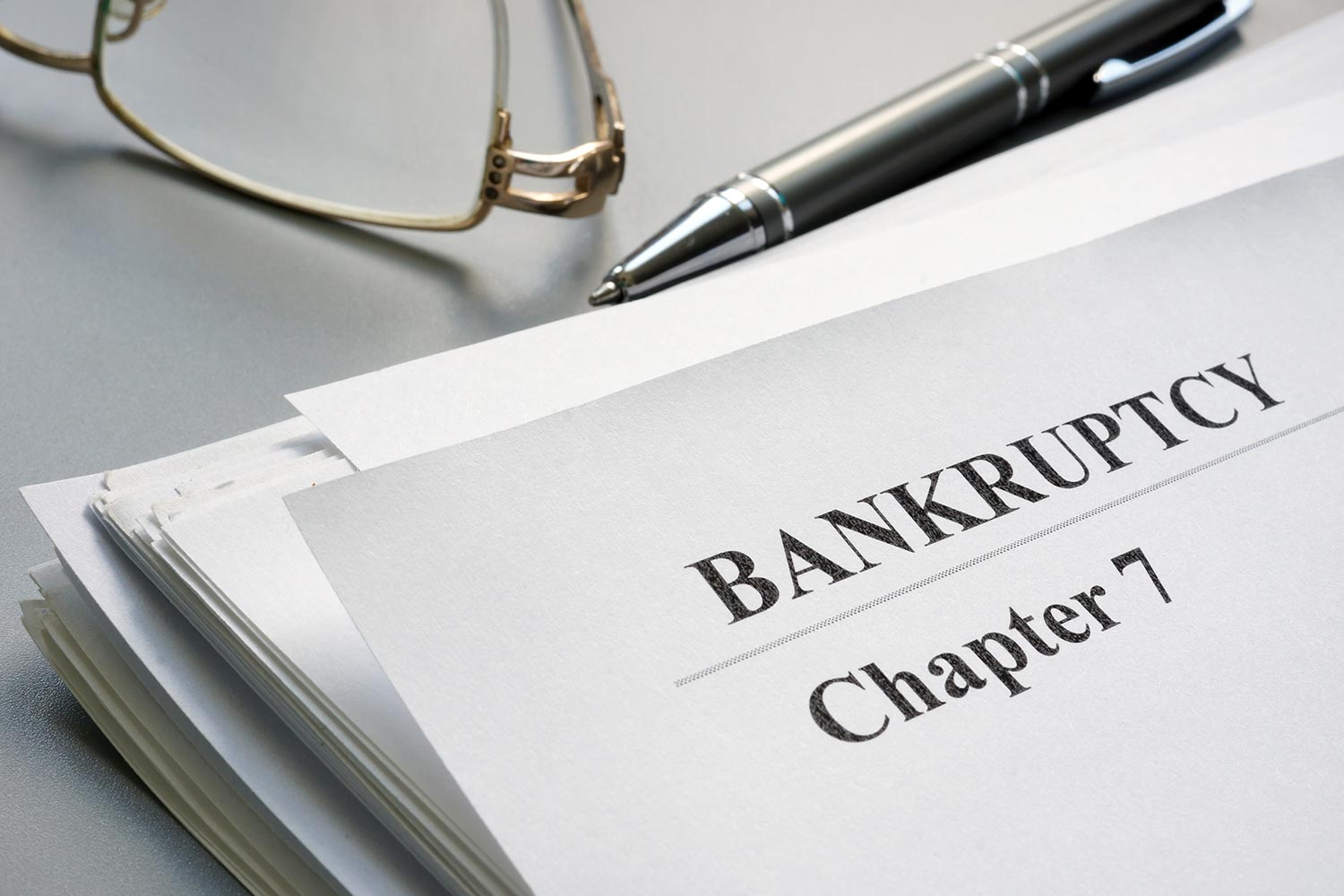Can I Keep my House if I File Chapter 7 Bankruptcy
Can I Keep My House if I File Chapter 7 Bankruptcy in Oregon?
Having debts when running a business is nothing out of the ordinary. But when your debts become too overwhelming to pay — that is, you have more obligations than what you earn — filing bankruptcy is a legal process that will help you get a fresh start. Chapter 7 bankruptcy in Oregon entails the sale of your non-exempted assets and using the net earnings from those to pay off your creditors. This is facilitated by a trustee.
To be eligible for Oregon chapter 7 bankruptcy, your annual household income must fall below the state average (about $100,533 for a four-member household). In this type of bankruptcy — also known as liquidation bankruptcy — there are assets that you can keep and not sell. This includes your home.
Can you keep your home if you file a Chapter 7 bankruptcy in Oregon? The quick answer is yes. It’s because the law acknowledges that assets such as residential properties are essential to your survival and everyday living. However, keep in mind that this is still dependent on several factors: your wanting to keep it, your mortgage payment status, and your home equity.
Oregon’s Homestead Protection
In Oregon, state law offers formal property protections for people filing Oregon Chapter 7 bankruptcy. You can choose from two property protection rules: the Oregon bankruptcy exemption and the federal bankruptcy exemption.
In the former, residential property owners who are also bankruptcy filers can protect home equity worth up to $40,000 (this also applies if your home is a floating home or a manufactured home sitting on up to 1 urban block or 160 rural acres). For joint owners, the exemption is $50,000 of equity.
Under this rule, a trustee can’t seize your house if its equity is lower than the said threshold. This stays true no matter what your circumstances are. In this case, your home loan will be amortized. This means that once you’re paying for it post-bankruptcy, your payment will cover the interest during the early part of the repayment period. In this situation, your home will have a lower current market value.
In the latter, the homestead exemption is worth $25,150 for individual homeowners and $50,000 for married couples that co-own the property.
Homes not covered by an exemption will be seized in a Chapter 7 bankruptcy.
Factors To Consider When Keeping Your Home After Filing Chapter 7 Bankruptcy In Oregon
As stated, if you’re planning to keep your home after a Chapter 7 bankruptcy filing, you have to take into account three major factors first:
Your wanting to keep it. In most cases, if you decide to keep your home in Oregon after declaring a Chapter 7 bankruptcy, you’ll be able to do so — granted that you’re eligible to the aforementioned homestead protection rules. Nonetheless, if you owe way more money than your home’s worth, you’ll be in a better position if you just let your current home go and consider buying again in the future once you’ve financially recuperated. The same applies if the interest rates of your mortgage are too high or if your house needs more work than what you can afford to put into it.
Your mortgage payment status. Speaking of mortgage — you also have to take into account how you’re faring with your mortgage payment. Suppose you’re behind on your home loan obligations and you’re filing for bankruptcy. In that case, there are two possible outcomes: 1) your creditor will request the court to begin the foreclosure process of your home and 2) your creditor will demand that you get caught up on your payments immediately. Either way, there are risks involved. So if you’re behind on your mortgage, it’s wise to consult with a lawyer for the best possible countermeasure. Typically, a bankruptcy lawyer will advise you to pay your mortgage payables first before filing Chapter 7 bankruptcy or opt for the Chapter 13 bankruptcy (which has better terms in terms of house repayments).
Your home equity. If you’re filing a Chapter 7 bankruptcy in Oregon, your bankruptcy trustee will be interested in knowing if the amount you owe to your creditors is less than the worth of your home. If it is, the next thing you need to ask is: Does your home equity or the current market value of your home exceed Oregon’s homestead exemption thresholds? Keep in mind that your trustee will only be interested in seizing your home if you have non-exempt equity. If it’s the other way around — i.e., you have non-exempt equity — a Chapter 7 bankruptcy attorney can help you reduce that value.
What Are Your Options For Your Home After Bankruptcy
Thanks to Oregon Chapter 7 bankruptcy, you’ll be able to clear your debts and start afresh. If you have outstanding home loan payments, you have the option to keep it or let it go — depending on the factors discussed above.
After filing for Chapter 7 bankruptcy, here’s what you can do with your residential property:
Reaffirmation. In this option, you’re agreeing or reaffirming that you will continue paying for the mortgage of your home. You will continue to have that particular home loan. If you’re able to make the payments, then you’ll be able to keep your home. Otherwise, your creditor can request to foreclose your home, even sue you, and ask you to pay for the difference between the amount you owe and your home’s final selling price.
Stay and pay. If you choose this option, you will continue paying for your home loan without reaffirmation. Once you finish paying your outstanding loan, then your mortgage creditor will sign the title over to you and you’ll officially be the owner of your home. The main benefit of this option is your creditor can’t sue you for deficiency because you haven’t inked a reaffirmation agreement.
Surrendering your home. If you think you’ll be better off letting your home go, this option is for you. Simply turn over the house to your creditor, and they’ll free you from the debt you owe from your mortgage lender. Once you’re ready to buy a home again in the future (or rent), you can do so.
While filing a Chapter 7 bankruptcy in Oregon helps clear off your debts, there’s still a degree of complexity that revolves around dealing with your non-exempt assets, such as your home. To avoid going down the path that’s less advantageous to you, you have to enlist professional help from an experienced Oregon bankruptcy attorney.




